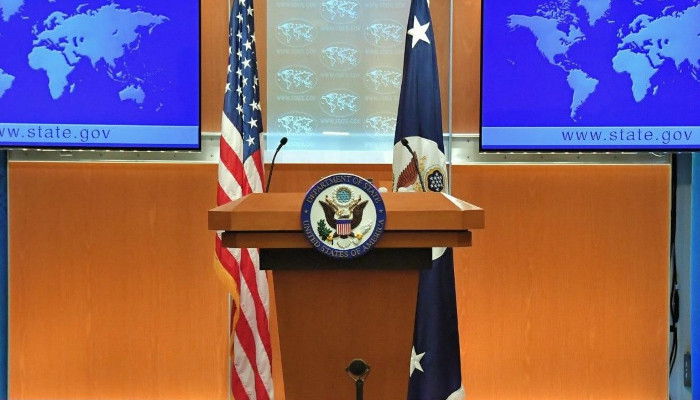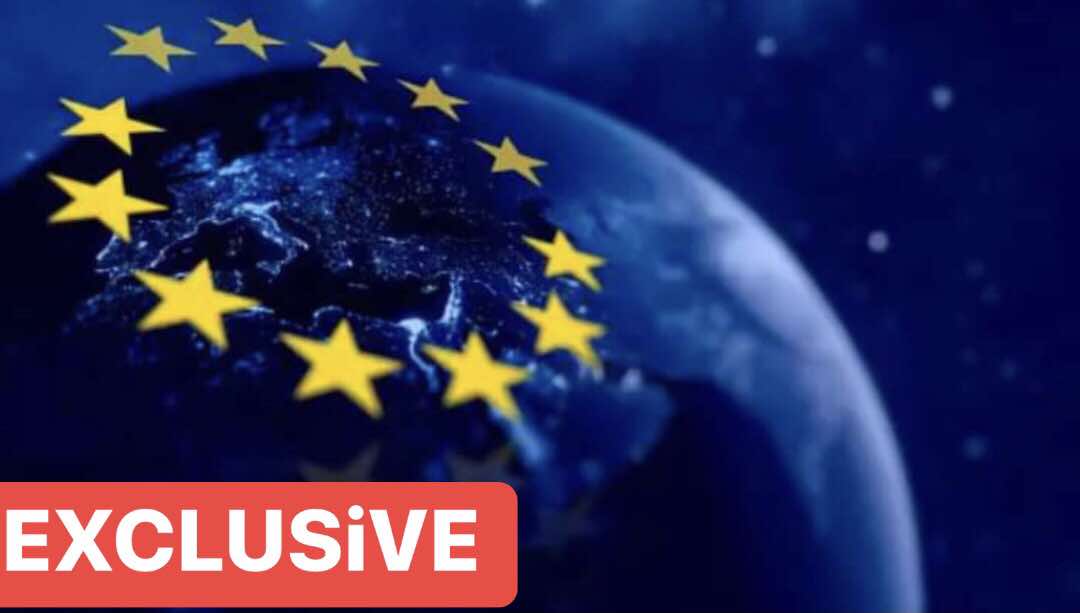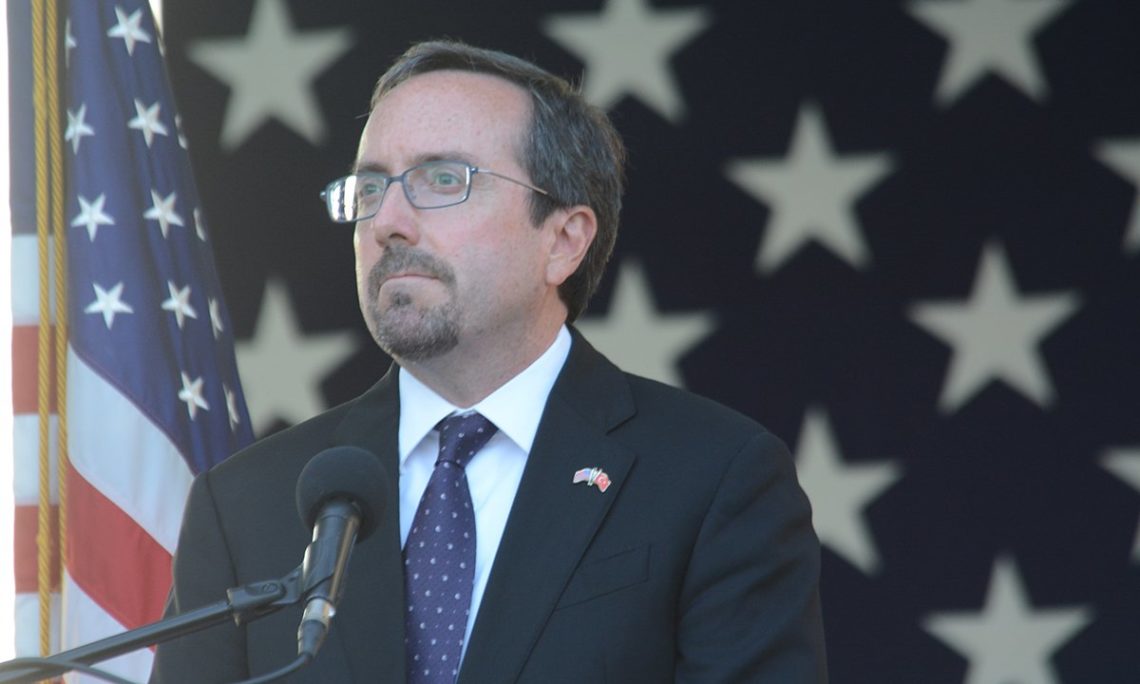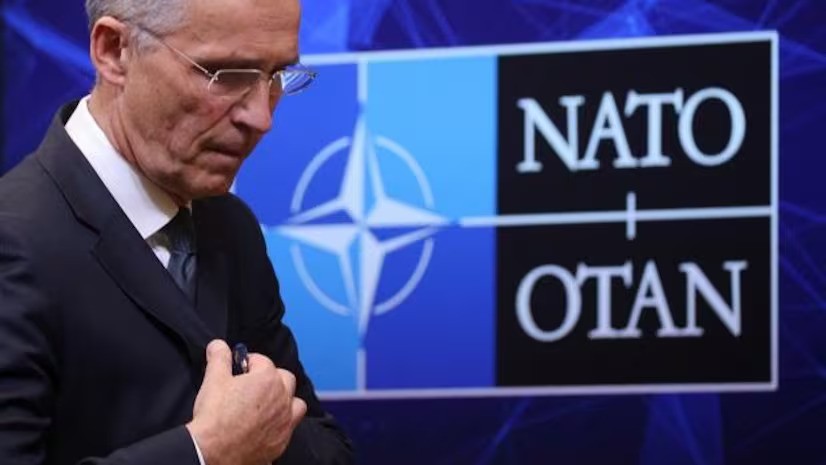The State Department comments on the EU ambassadors' agreement.
„Our position on Abkhazia and South Ossetia remains clear: these regions are integral parts of Georgia.
EU ambassadors today agreed a mandate for negotiations with the European Parliament on a decision on the non-acceptance of Russian travel documents issued in Ukraine and Georgia.
This decision is a response to Russia’s unprovoked and unjustified military aggression against Ukraine and Russia’s practice of issuing Russian international passports to residents of the occupied regions. It also follows Russia’s unilateral decision to recognise the independence of the Georgian territories of Abkhazia and South Ossetia in 2008.
Russian travel documents issued in, or to persons resident in, Russian-occupied regions in Ukraine or breakaway territories in Georgia will not be accepted as valid travel documents for obtaining a visa or crossing the borders of the Schengen area.
„With its illegal annexation of Ukrainian regions Russia has once again shown its blatant disregard for the rules-based international order. We will never recognise the violation of Ukraine and Georgia’s fundamental rights to independence, sovereignty and territorial integrity. The EU stands united and resolutely with both countries and their people.
Vít Rakušan, Minister of the Interior of Czech Republic
Russian travel documents issued in these regions are already not recognised, or in the process of not being recognised, by EU member states. This decision aims to set out a common approach, ensure the proper functioning of the external border and common visa policies and safeguard the security of EU member states.
Next steps
On the basis of this mandate, the presidency is ready to start discussions with the European Parliament.
Background
Since the illegal annexation of the Crimean peninsula in March 2014, Russia has issued Russian international passports to residents of Crimea. That practice was extended to the non-government-controlled areas of Donetsk and Luhansk in April 2019, followed by the Kherson and Zaporizhzhia occupied regions in July 2022. The systematic issuance of Russian passports in those occupied regions constitutes a further infringement of international law and Ukraine’s territorial integrity, sovereignty and independence.
The EU has repeatedly condemned in the strongest possible terms Russia’s military actions in Ukraine and expressed full solidarity with the people of Ukraine. EU member states have firmly rejected and unequivocally condemned the illegal annexation by Russia of Ukrainian regions and territories, as well as Russia’s recognition of the independence of the Georgian territories of Abkhazia and South Ossetia.
In reaction to the Russian annexation of Crimea and the most recent developments in Russia’s war of aggression against Ukraine, a series of individual and economic sanctions have been introduced. The EU has also fully suspended the visa facilitation agreement between the EU and Russia.








